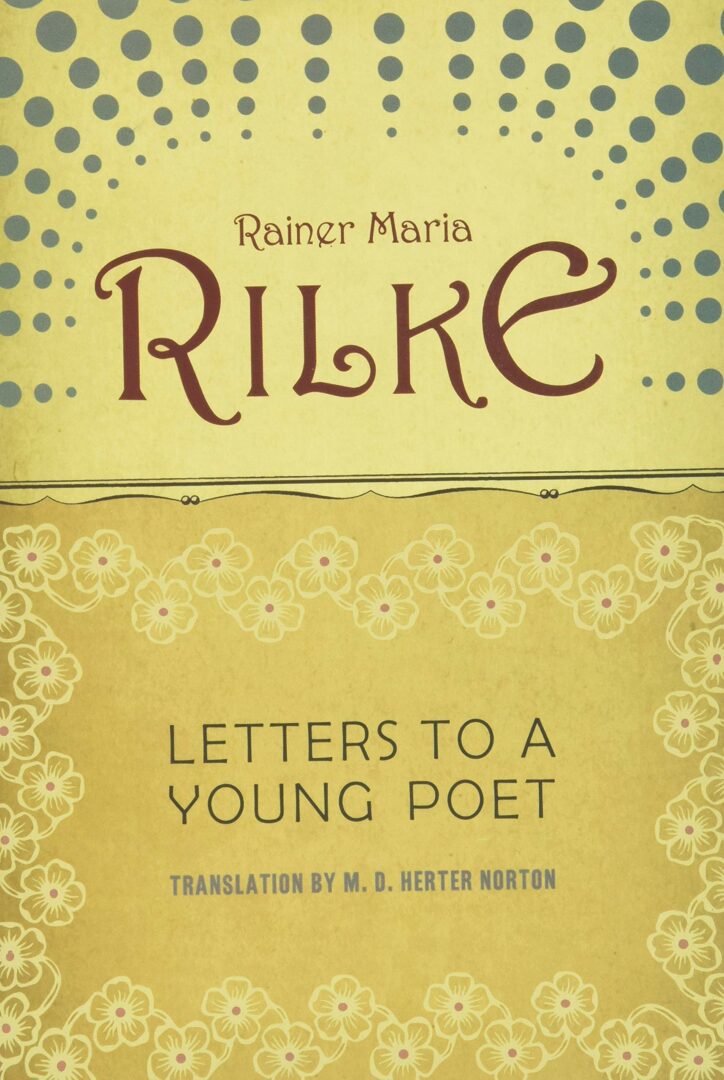
Rainer Maria Rilke’s poetry is notoriously difficult to translate. For non-German speakers, Rilke’s writing in Letters to a Young Poet is the closest we can get to the poet. It doesn’t only bring us closer to his writing style, but also the man and the general nature of poetry and writing. In Letters to a Young Poet, we read exchanges between Rilke and an aspiring writer called Franz Xaver. Rilke was only 28 at the time, and his reputation was nothing then to what it eventually became, but Franz Xaver, a young officer cadet, wrote to him all the same.
And Rilke responded! Instead of dismissing the student writer, he took the time to write the most beautiful and intelligent remarks on the art of writing. Some of Rilke’s responses remind me of my best teachers, particularly Adrian Bucker. When reading the letters, you can’t help but reflect on Rilke’s great wisdom, patience, and generosity. You are reading the perfect exchange between teacher and student, between someone with knowledge that takes your breath away and another with a breathless eagerness to learn.
It’s remarkable how profound some of Rilke’s comments are. He would have had no idea that the letters would one day be published. I’m convinced he believed when writing them that no one other than Franz Xaver would read them. I doubt he spent much time planning them. The passages in the letters came straight from the heart. I think that’s one of the reasons the letters remain so powerful. They still contain that freshness of thought. The words are alive. The ideas excite. It’s naked insight, and I recommend it to writers and artists of any kind.
A quote from Rilke’s Letters to a Young Poet:
“I beg you, to have patience with everything unresolved in your heart and to try to love the questions themselves as if they were locked rooms or books written in a very foreign language. Don’t search for the answers, which could not be given to you now, because you would not be able to live them. And the point is to live everything. Live the questions now. Perhaps then, someday far in the future, you will gradually, without even noticing it, live your way into the answer.”
